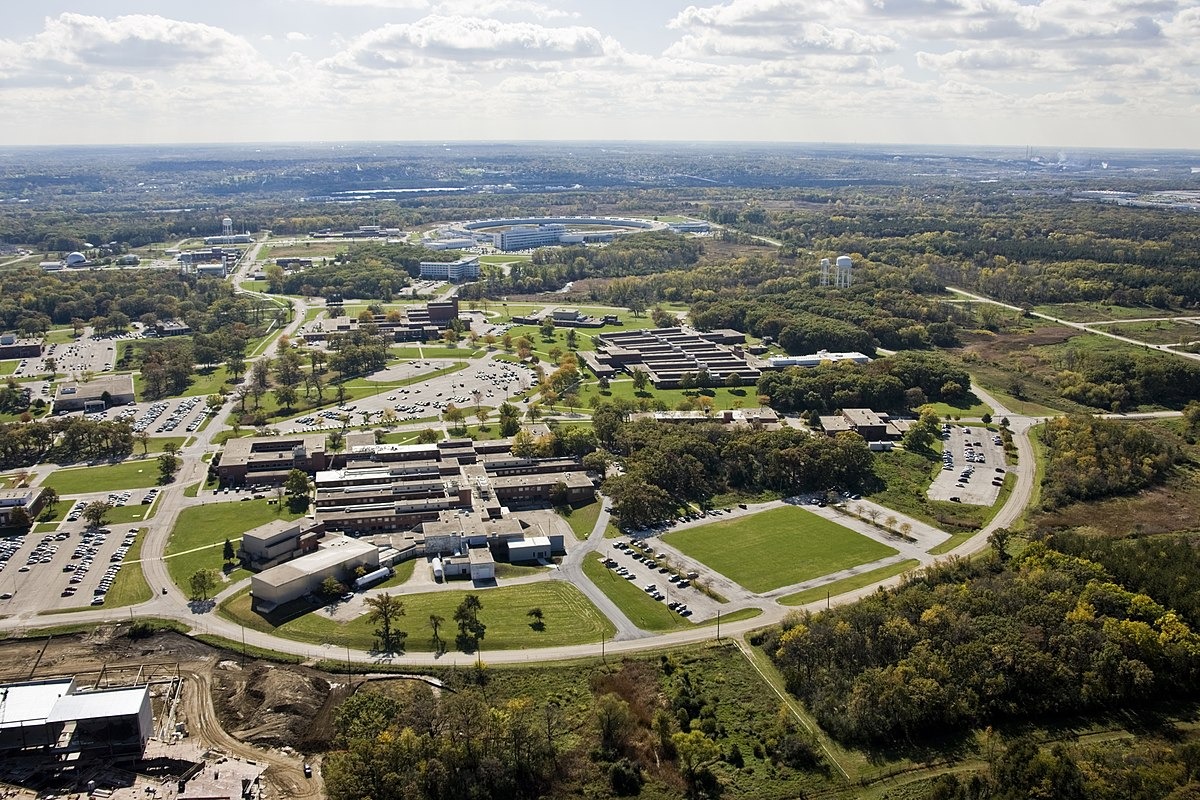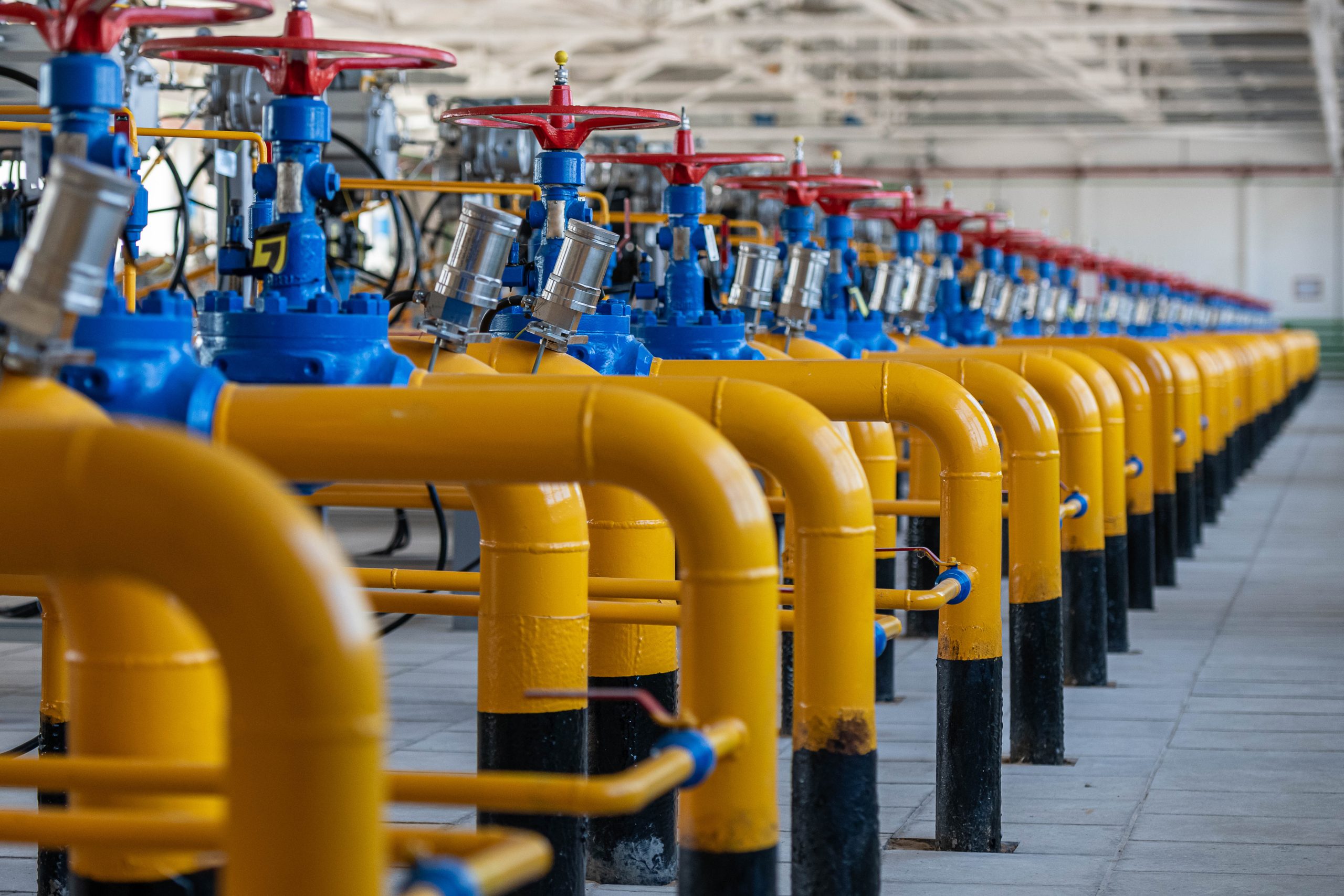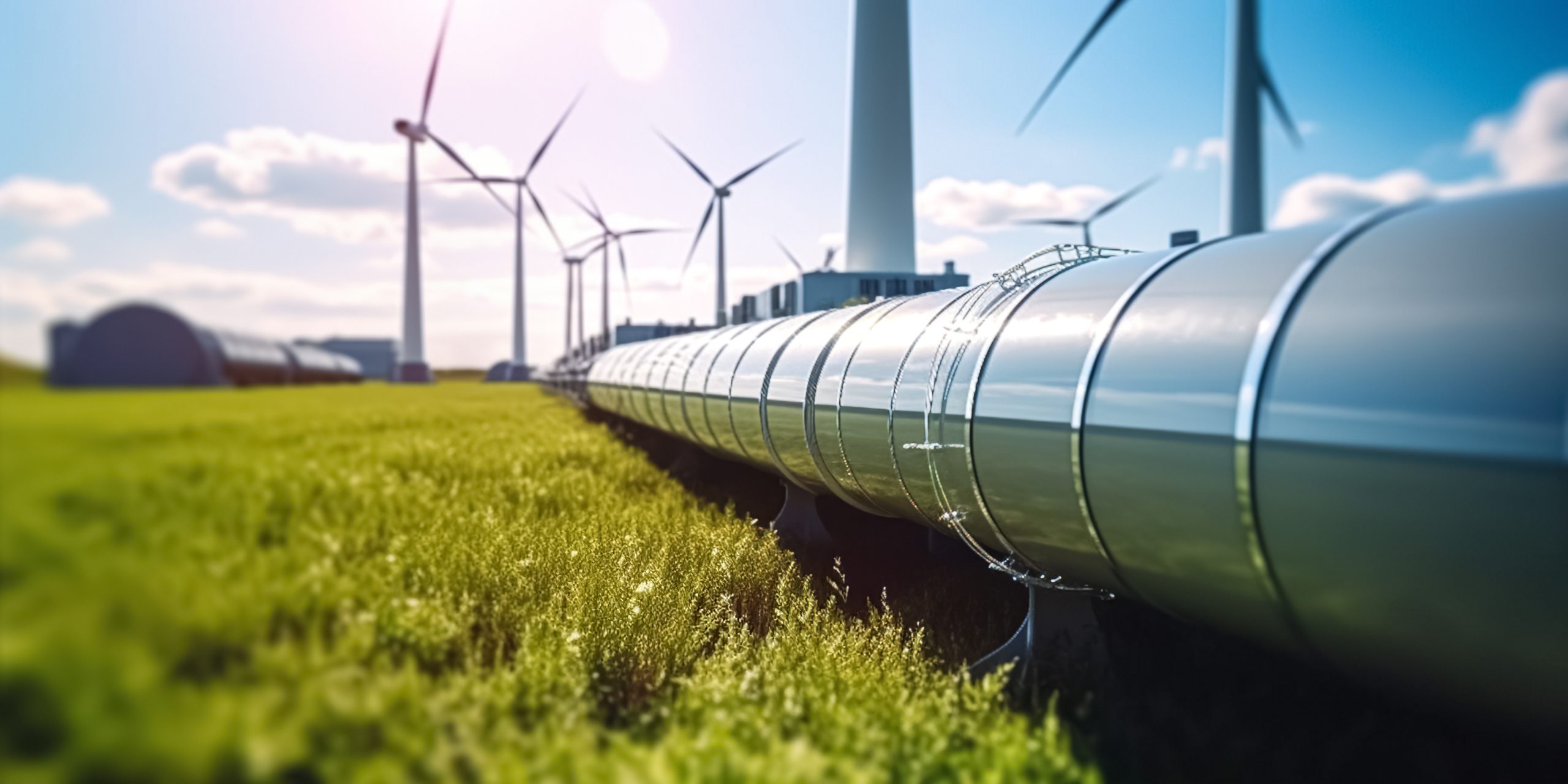Argonne National Laboratory Signs Deal With Moroccan University

The U.S. Department of Energy’s (DOE) Argonne National Laboratory and University Mohammed VI Polytechnic, a research-focused Moroccan university, will be developing mechanisms and processes to promote collaborative efforts on green energy technology, high-performance computing and the water-energy nexus.
Argonne National Laboratory and University Mohammed VI Polytechnic (UM6P) have signed a memorandum of understanding (MOU) to collaborate on key areas of mutual interest related to green energy technology and the nexus of water and energy. In a ceremony held at UM6P’s campus in Benguerir, the MOU was signed by Argonne Laboratory Director Paul Kearns and UM6P President Hicham El Habti.
Details Of The MoU
Designed to benefit not only Africa, but the world as well, UM6P is a Moroccan research university focusing on developing solutions to specific continental and broader global challenges. It is also home to Toubkal, the most powerful supercomputer in Africa.
“We are excited to see what discoveries and innovations will result from our ongoing partnership,” said Kearns. “By working together, we’ll open new scientific frontiers for both our countries’ futures.”
“Today marks a significant milestone in our journey towards sustainable innovation. The signing of this Memorandum of Understanding with Argonne National Laboratory underscores our commitment to advancing research and development in renewable energy, energy grids, and water management. Together, we aim to leverage our collective expertise to create transformative solutions that will benefit not only our communities but also the global society,” said Hicham El Habti.
We are excited to see what discoveries and innovations will result from our ongoing partnership. By working together, we’ll open new scientific frontiers for both our countries’ futures. — Paul Kearns, Argonne laboratory director
During a five-year period, the institutions will exchange published scientific and technical information, publications and reports. They will also organise meetings and cooperative activities to discuss technical topics. Additionally, the MOU includes the exchange of scientists, engineers and other specialists to participate in meetings and working sessions organised by the institutions, and to plan potential projects.
The institutions’ focus on green energy technology will include both energy storage and renewable energy. With respect to energy storage, advanced battery research is vital to achieving the International Energy Agency’s goal of reaching net zero emissions by 2050. Electric vehicles are a key part of this effort, and Morocco’s raw phosphoric acid materials hold great promise in the development of efficient lithium iron phosphate cathodes.
This area of focus involves and would extend existing collaborative efforts between the institutions. In the past, Argonne hosted several UM6P students researching cathode materials at the lab’s Advanced Photon Source (APS) and Centre for Nanoscale Materials (CNM), two DOE Office of Science user facilities.
Advancing Green Hydrogen Technology
Green energy technology also encompasses renewable energy, including clean hydrogen. Last year, Argonne joined the Midwest Alliance for Clean Hydrogen. Known as MachH2, the alliance brings together 70 organisations to build the basis for a new, clean hydrogen economy. Argonne will share its discoveries with UM6P to expand the use of renewable energy in both the United States and Morocco.
In the area of high-performance computing, artificial intelligence will be harnessed to create simulations that look at ways to improve electric grid systems for both countries.
Finally, the MOU will help advance research on clean water, which is a particularly pressing concern in Morocco. Argonne is leveraging its robust water research portfolio to tackle this issue. The portfolio includes material discovery and scaling-up for clean water innovations, new treatment and sustainability systems, and machine learning to combat water contamination.
Other Argonne representatives who attended the MOU signing were Kawtar Hafidi, associate laboratory director for the Physical Sciences and Engineering directorate and Argonne Distinguished Fellow Khalil Amine, who leads the lab’s advanced battery technology team and is a senior scientist for the Pritzker School of Molecular Engineering, University of Chicago. Representing DOE was Dan Milsten, senior advisor, Office of International Market Development.

